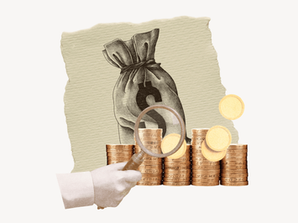The Role of Takaful (Islamic Insurance) in Investment Planning
- Mohammad Rahman
- Jun 23, 2025
- 2 min read

In Islamic finance, one of the most significant innovations is Takaful—a cooperative model of insurance based on mutual assistance and shared responsibility. Unlike conventional insurance, which involves elements of riba (interest), gharar (excessive uncertainty), and maysir (gambling), Takaful adheres to Shariah principles, offering a halal alternative for risk mitigation. While its primary function is protection, Takaful also plays an essential role in long-term investment planning for individuals and businesses alike.
Takaful operates on the basis of tabarru (voluntary contribution), where participants contribute to a common pool managed by a Takaful operator. When a participant faces a loss or damage, compensation is paid from this collective fund. The operator, in return, may charge a fixed fee or share profits as per a pre-agreed model.
From an investment perspective, Takaful contributes to financial security in a Shariah-compliant way. Having Takaful coverage for health, life, property, or business risks reduces the need for individuals to tap into their long-term investments during emergencies. This allows their savings and investments to remain intact, compounding over time and helping them achieve their financial goals.
Moreover, Takaful operators invest the pooled funds in Shariah-compliant instruments such as Sukuk (Islamic bonds), real estate, or stocks screened according to Islamic criteria. This ensures that participants not only receive protection but also benefit from ethically managed investments. Some family Takaful plans even offer savings and investment-linked policies, where a portion of the contribution is allocated to long-term investment growth.
Another key benefit is inheritance planning. Takaful plans often come with a nominated beneficiary structure, helping families avoid disputes and financial hardship upon the death of the breadwinner. Unlike conventional insurance, the payout from Takaful is considered a gift (hibah) rather than inheritance (mirath), making the distribution process smoother under Islamic law.
Takaful is also crucial for business continuity planning. Entrepreneurs and business owners can use Takaful to protect their business assets, liabilities, and key personnel, ensuring stability in the event of unexpected events. This level of risk management enhances investor confidence and supports the sustainable growth of halal enterprises.
In conclusion, Takaful offers more than just protection, it empowers Muslims to plan their financial future with peace of mind. It encourages ethical financial behavior, supports risk-sharing, and enables individuals to stay aligned with their faith while safeguarding their wealth and investments.
.png)









Comments